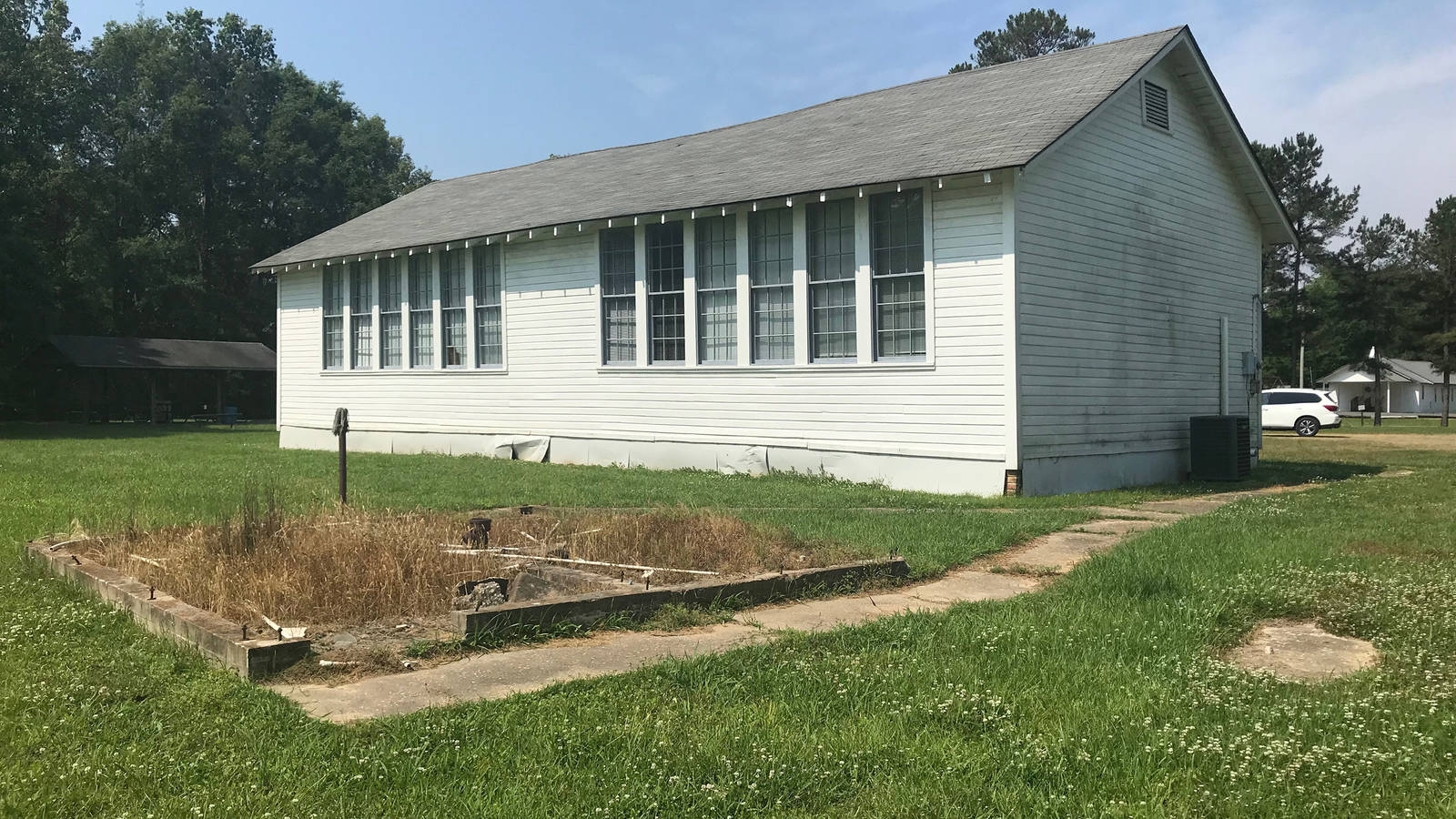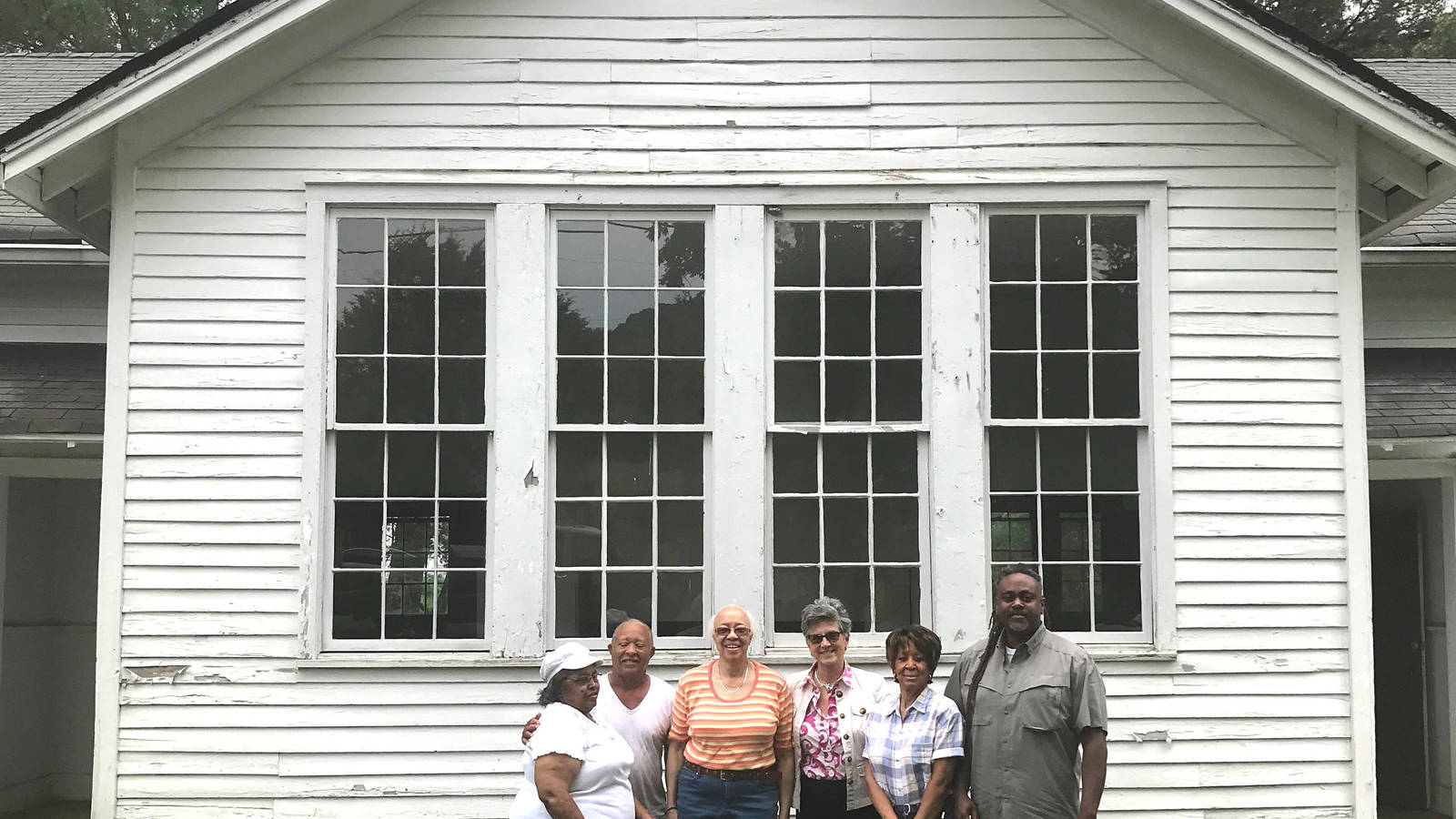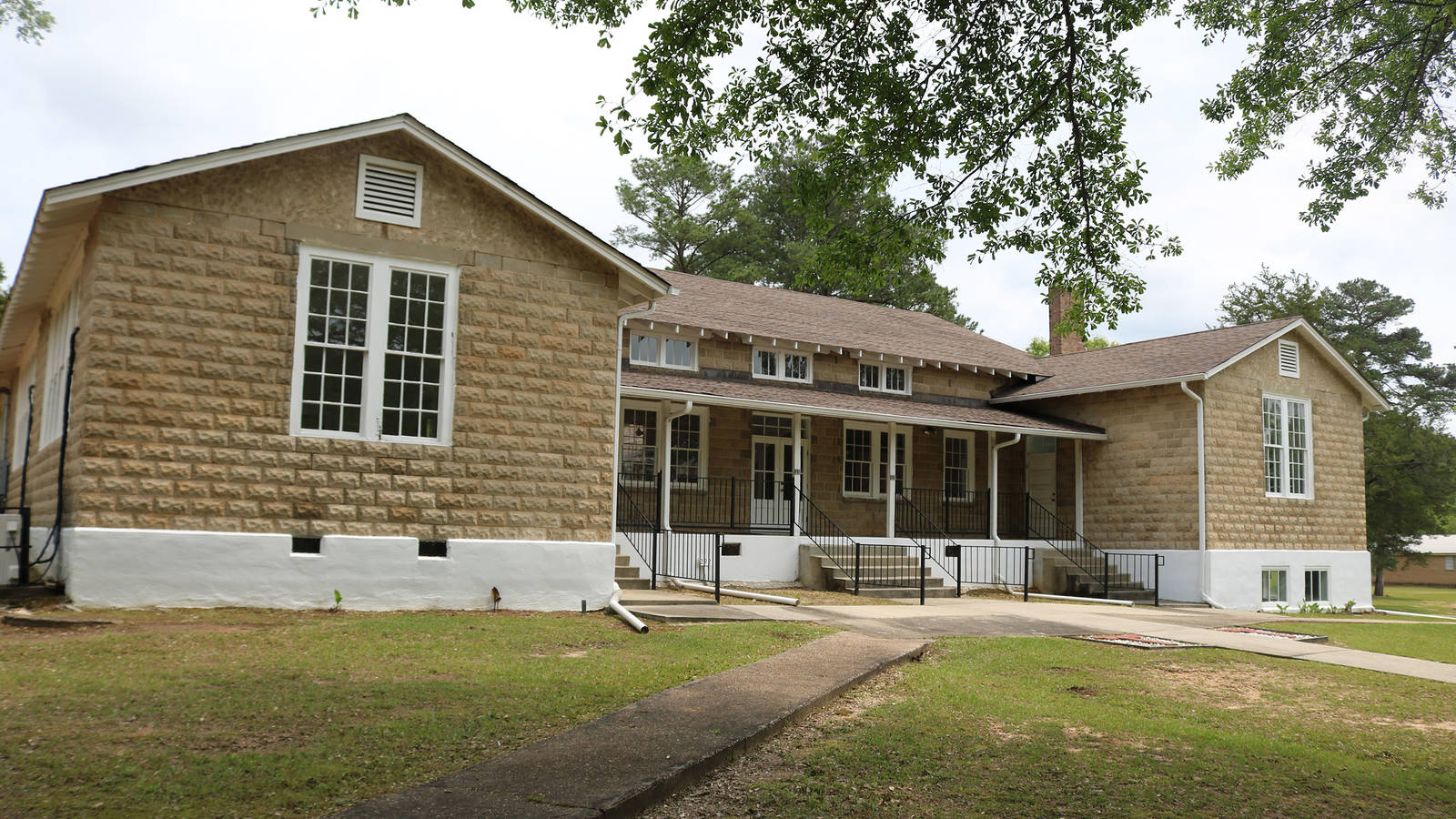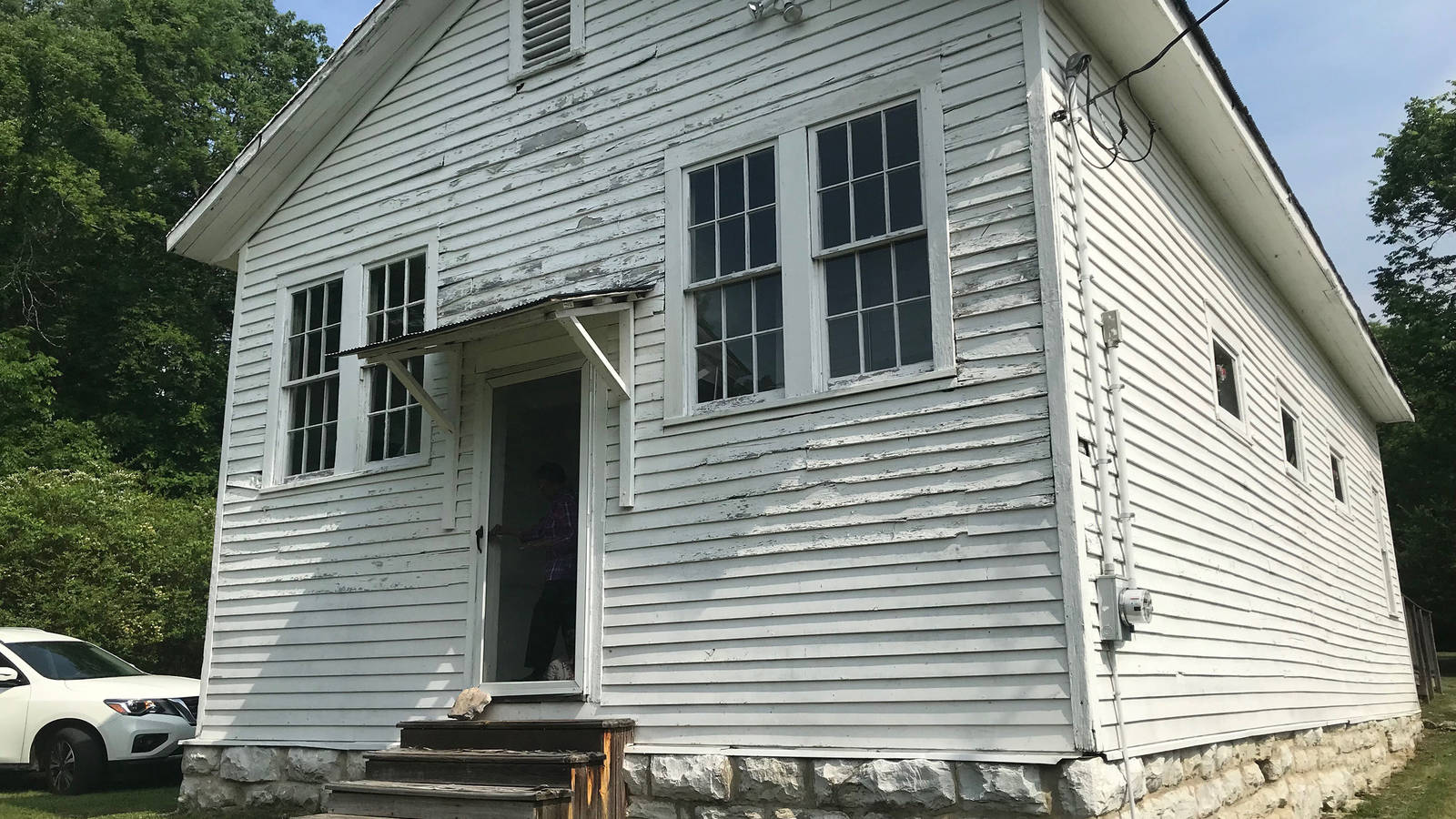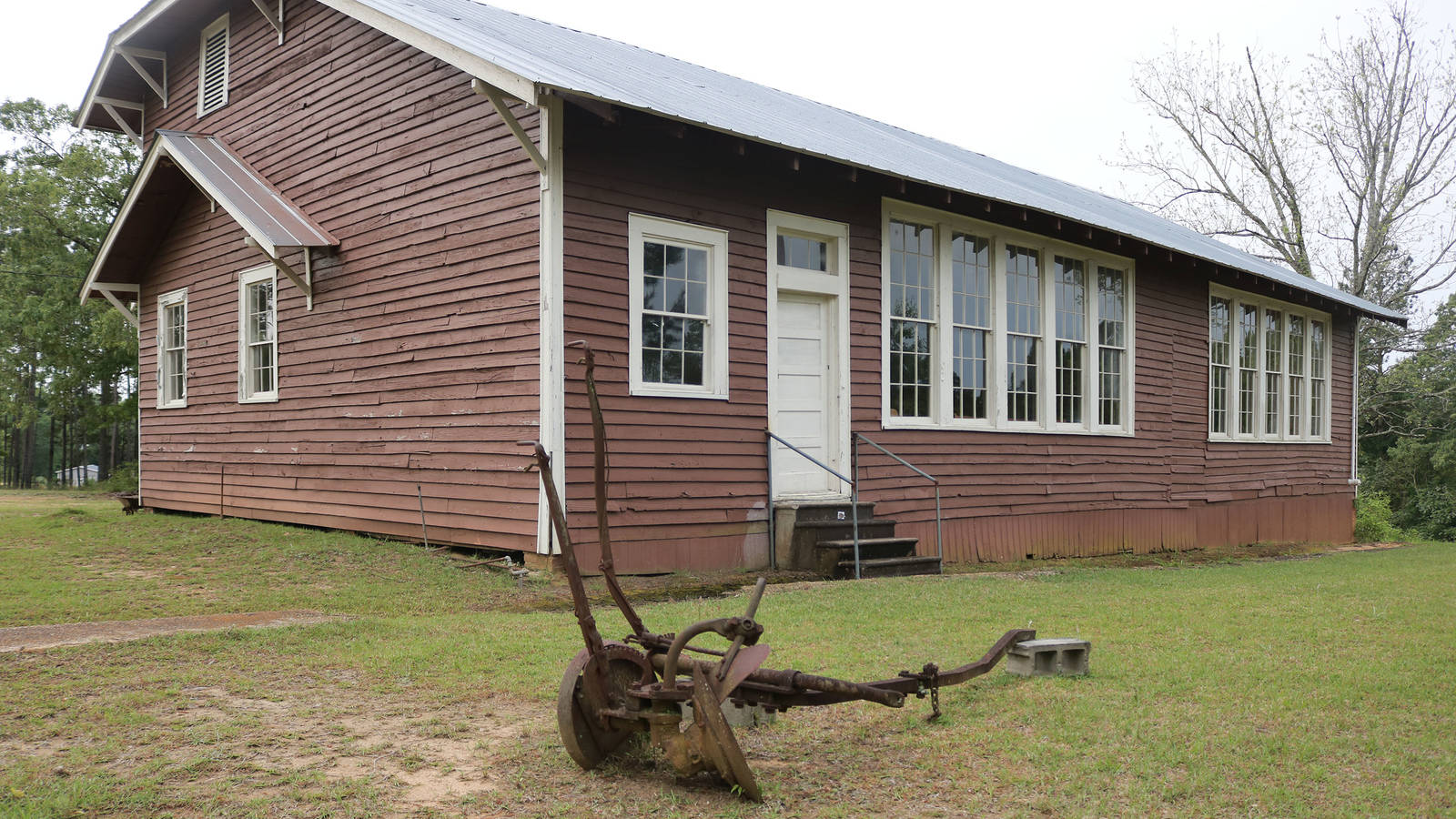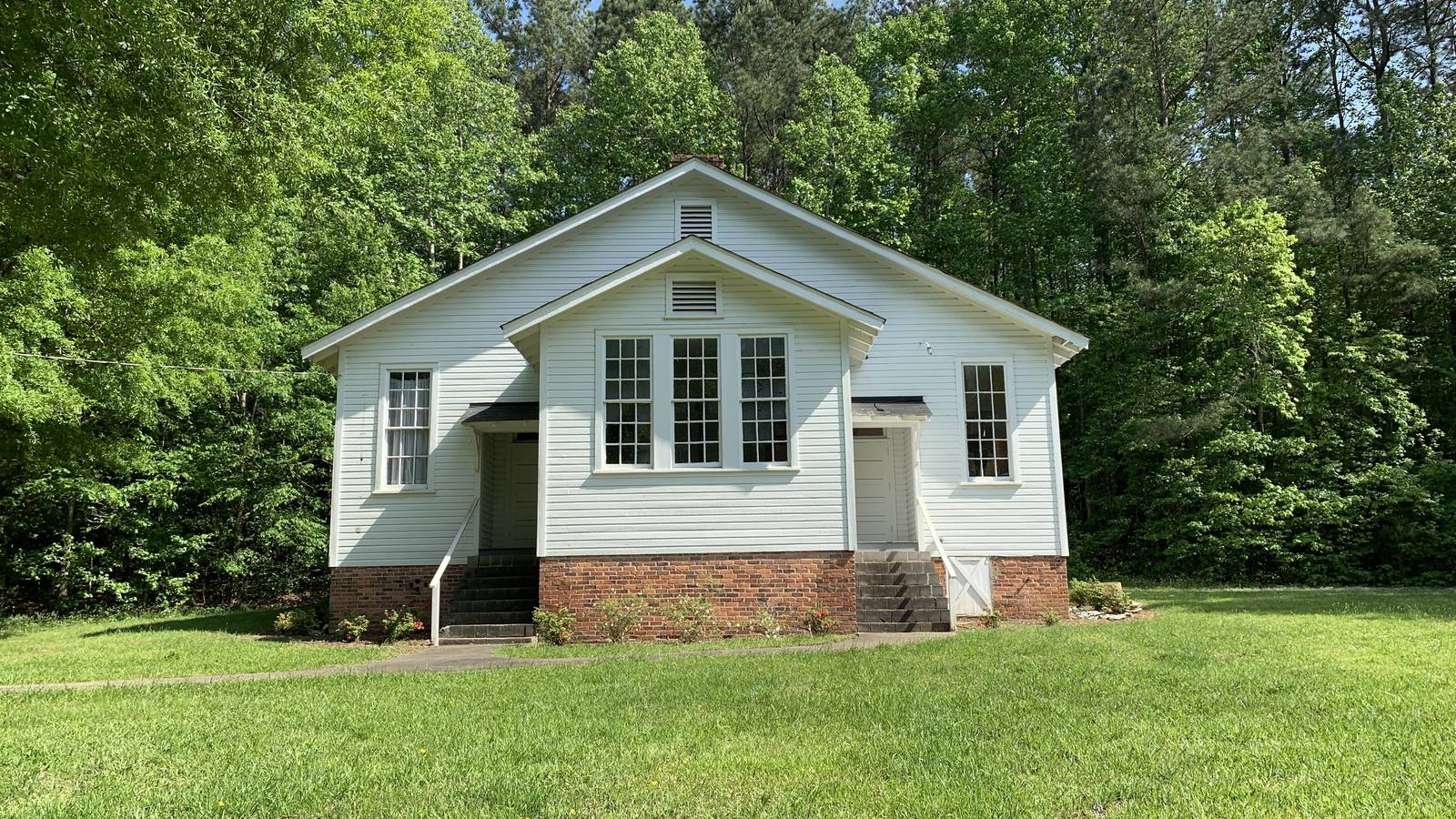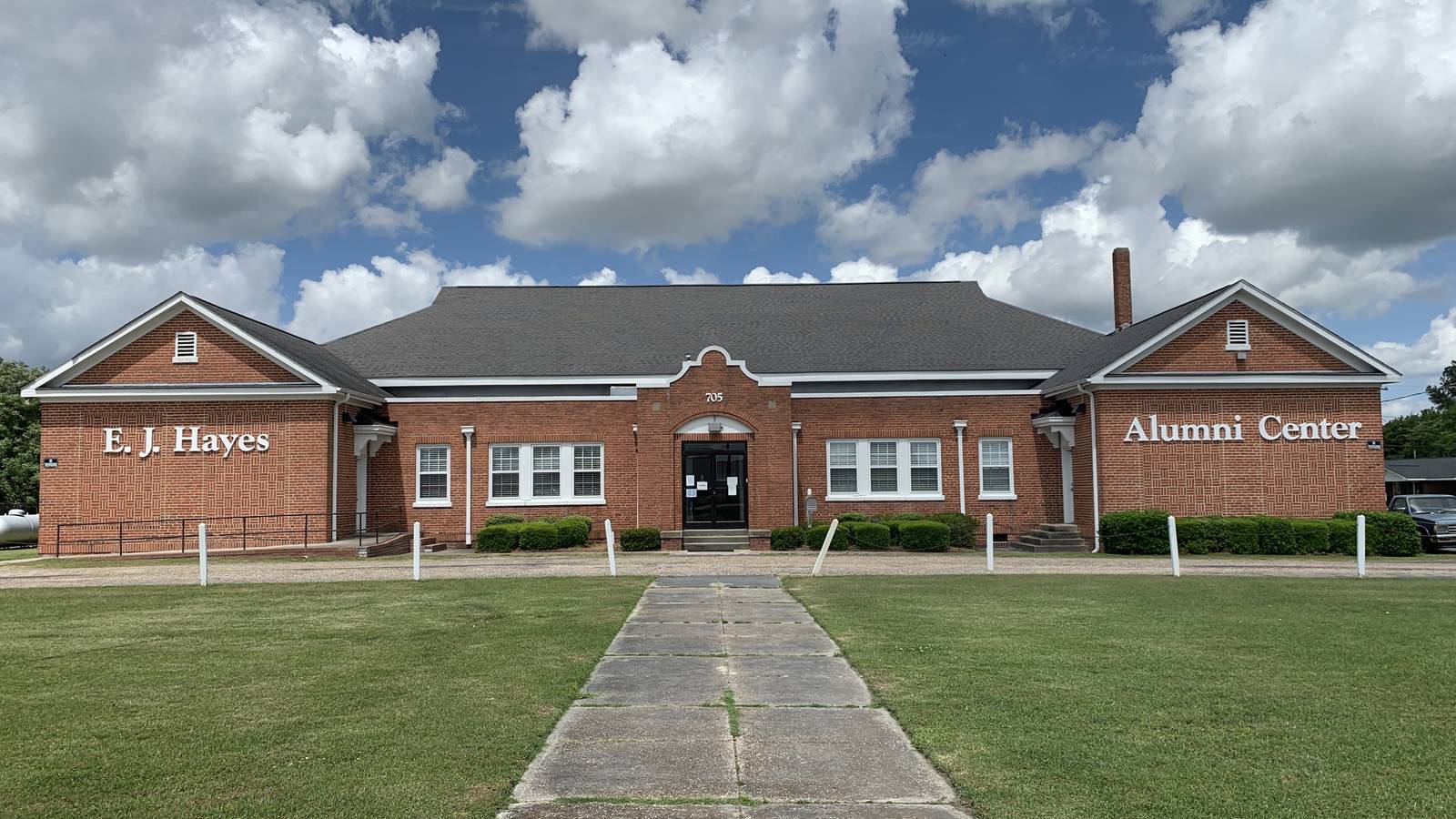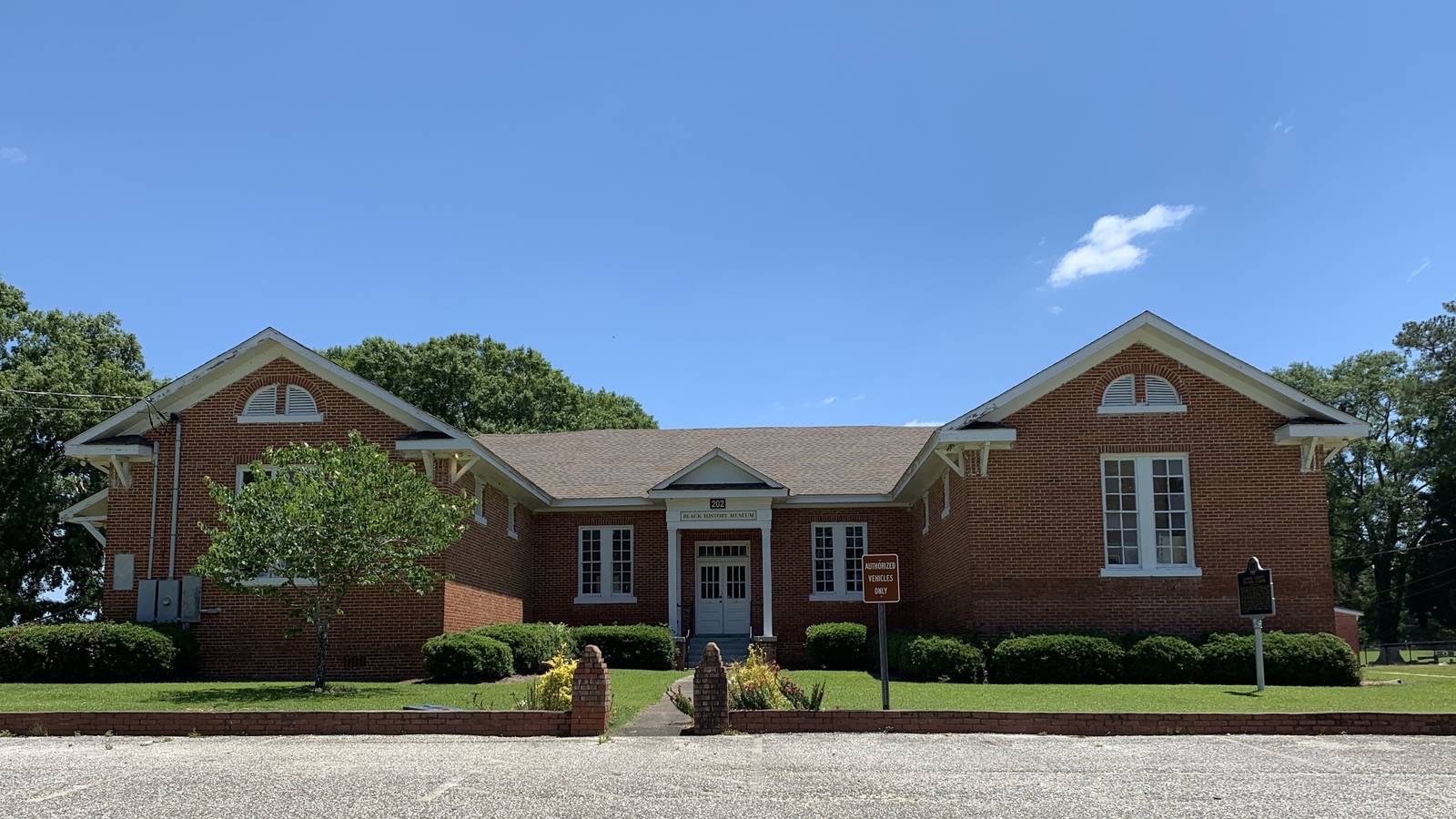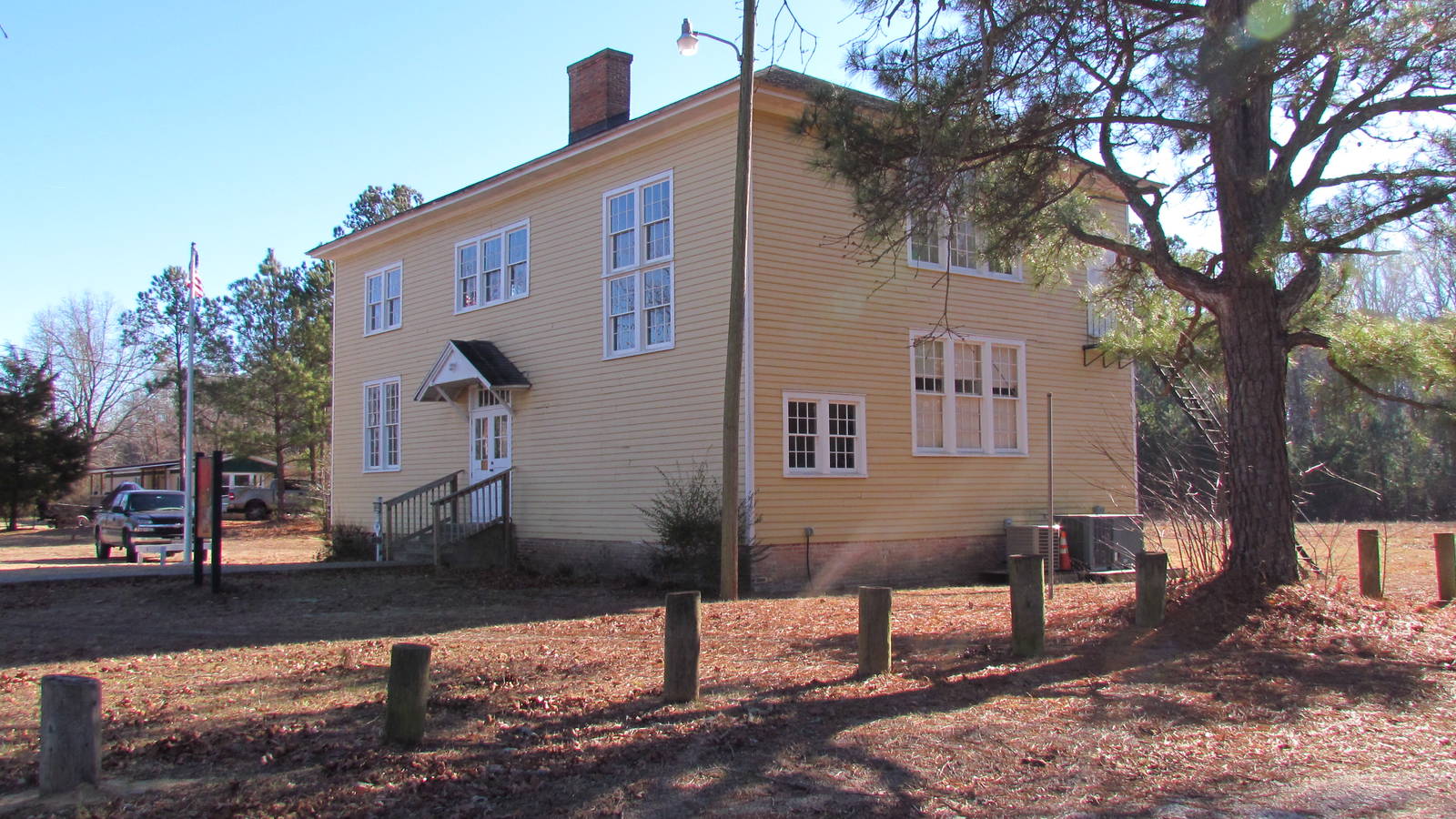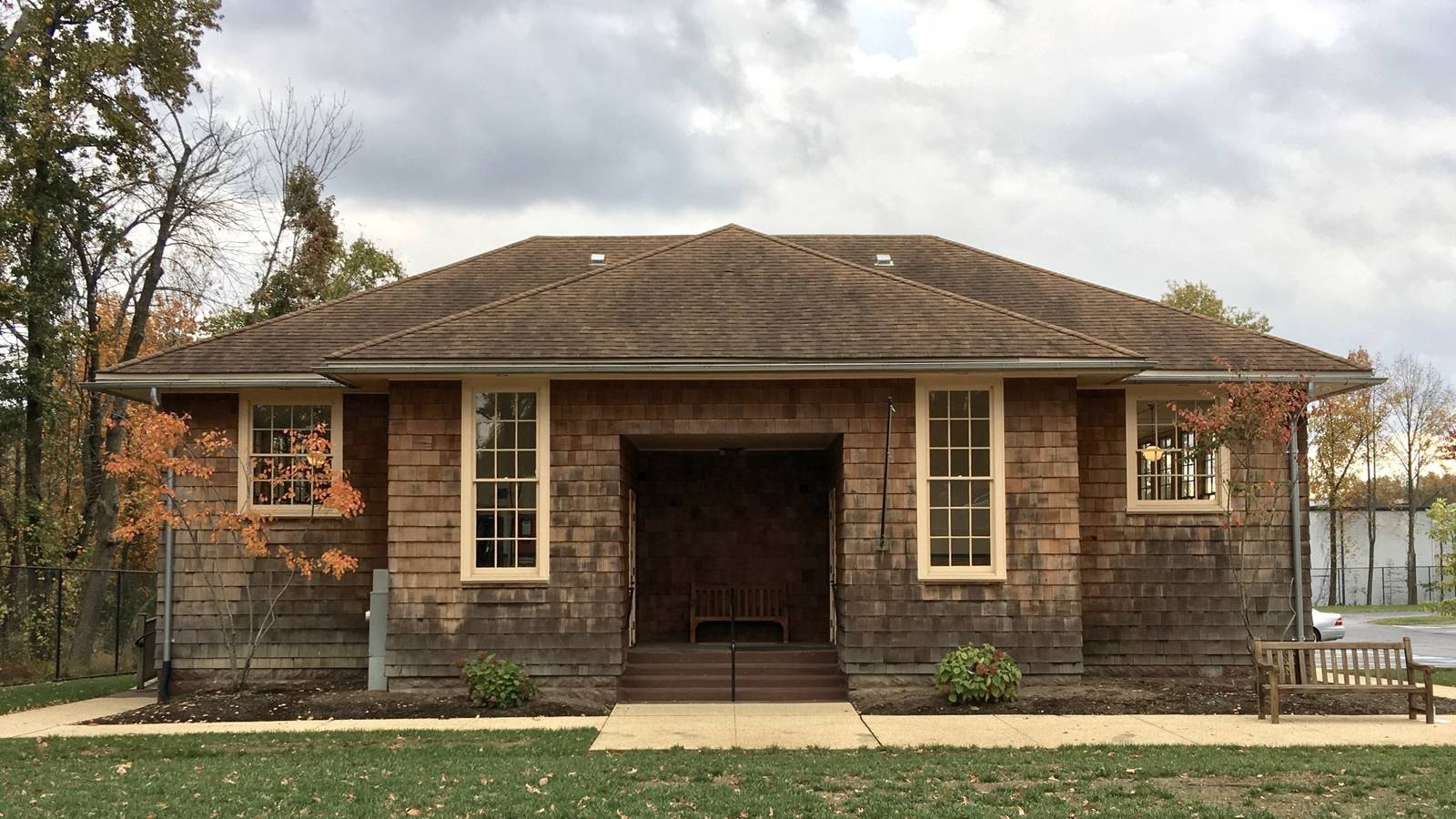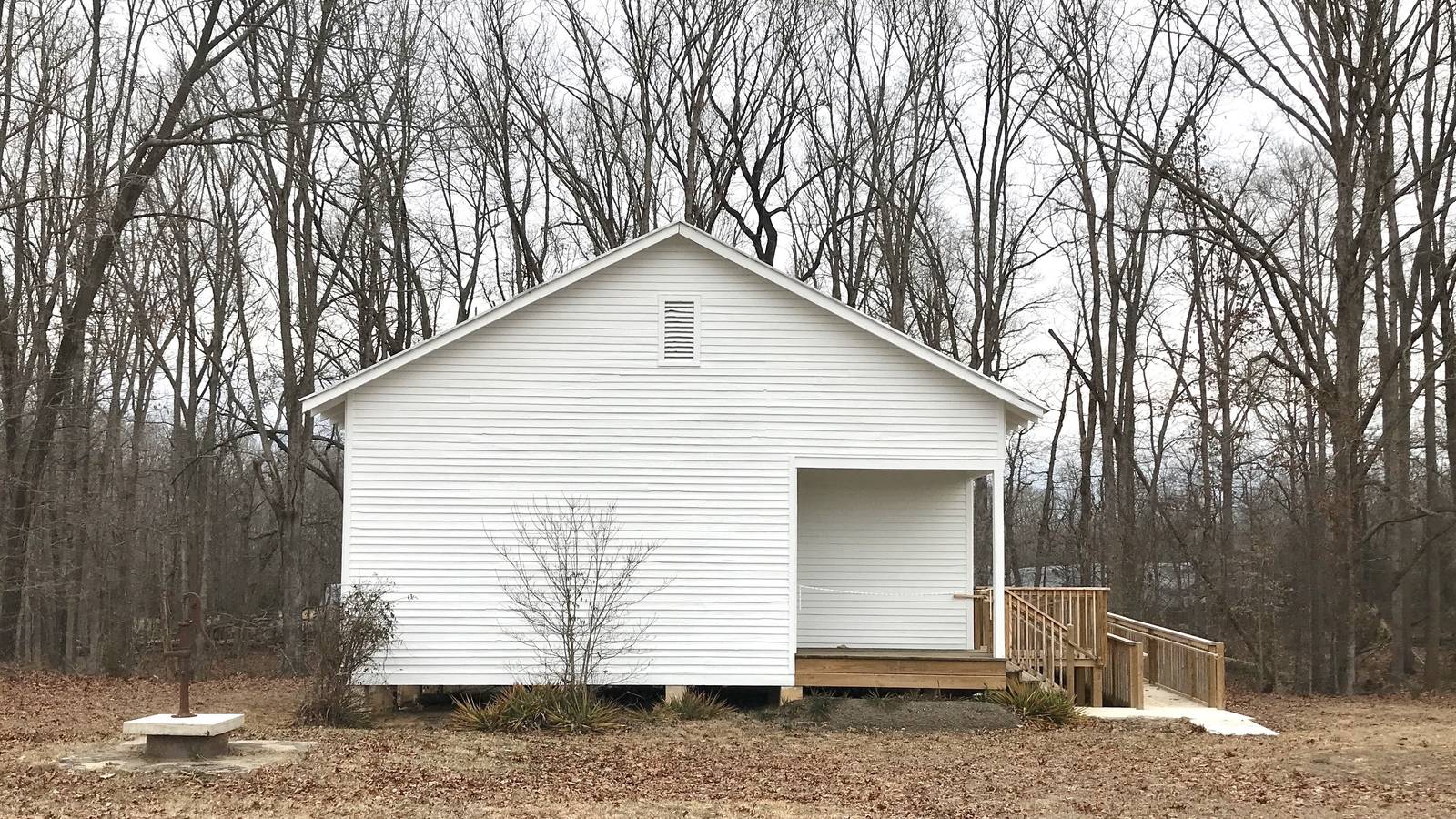A Julius Rosenwald and Rosenwald Schools National Historical Park would recognize an important legacy of philanthropy and social justice and be the first national park honoring a Jewish American.
Julius Rosenwald, the son of German Jewish immigrants, was a successful businessman who played a pivotal role in making Sears, Roebuck and Company a retail powerhouse of the early 20th century. Becoming rich beyond his wildest dreams, he used his wealth to provide greater opportunities for African Americans and other people in need.
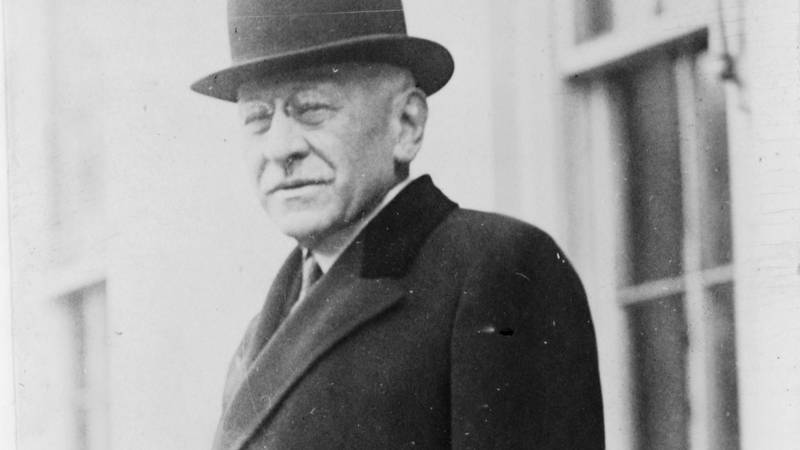
He Built Schools to Fight Injustice, and I Want You to Know His Story
Why I am working to help establish a national park site to preserve Julius Rosenwald’s legacy — the first national park site that will honor a Jewish American.
See more ›Rosenwald partnered with African American communities across the South to help fund the construction of more than 5,300 schools and related buildings for children who otherwise would have had extremely limited or no access to public education. These Rosenwald schools provided the first permanent educational facilities for many black people in rural areas.
The buildings — many of them one- or two-room schoolhouses on country roads surrounded by fields and woods — were a source of pride and affection in their communities. The schools educated one-third of the African American children in the South before the legal end to segregation. Many of the students who graduated from Rosenwald schools — including visionaries such as Georgia Congressman John Lewis and poet Maya Angelou — helped advance the civil rights movement.
The Rosenwald Park Campaign, NPCA, and the National Trust for Historic Preservation are calling on our leaders in Washington to designate a national park site in honor of Julius Rosenwald, his philanthropy, and his significant contributions to American history. The proposed Julius Rosenwald and Rosenwald Schools National Historical Park would be the first national park named for a Jewish American.
Rosenwald was motivated by tzedakah, a Hebrew concept meaning a religious obligation or calling to pursue righteousness and charity. Beyond the Rosenwald Schools, his support for communities in need included creating the Julius Rosenwald Fund, which made substantial contributions to improving African American life. The fund supported early NAACP legal cases that eventually led to the Brown vs. Board of Education of Topeka case before the Supreme Court.
Starting in 1928, the fund granted fellowships to talented African Americans in the arts and sciences. A number of fellows, including historian John Hope Franklin and psychologists Kenneth and Mamie Clark, assisted Thurgood Marshall in preparing the second brief for the Brown v. Board case that led to the ultimate decision outlawing “separate but equal” education.
Rosenwald donated to numerous other worthy causes, playing a pivotal role in the creation of the Jewish United Fund of Metropolitan Chicago and contributing to other Chicago-based charities.
The two pillars of Rosenwald’s approach to philanthropy were the challenge grant and the “give while you live” philosophy. Both approaches are widely used today.
A Slideshow of Selected Rosenwald Schools
The Salem Rosenwald School in Arkansas.
© Alan Spears/NPCADurham’s Chapel School in Tennessee.
© Alan Spears/NPCAThe Prentiss Institute in Mississippi.
© Alan Spears/NPCAThe Cairo Rosenwald School in Tennessee.
© Alan Spears/NPCAWalthall County Training School in Mississippi.
© Alan Spears/NPCAThe Russell School, a two-teacher school in pristine condition in Durham County, North Carolina.
© Dorothy CanterThe EJ Hayes Alumni Center (formerly Williamston Colored School) in Williamston, North Carolina, which originally served as a six-teacher school.
© Dorothy CanterThe Elmore County Black History Museum (formerly the six-teacher Elmore County Training School) in Wetumpka, Alabama
© Dorothy CanterThe San Domingo Rosenwald School, a four-teacher school in Mardela Springs, Maryland
© Don StevensonThe Ridgeley School, originally a two-teacher school in Prince Georges County, Maryland
© Dorothy CanterThe Shady Grove School, a one-teacher school being restored in Gum Spring, Virginia
© Dorothy CanterPer Rosenwald’s instructions, the fund he established ceased to exist in 1948, 16 years after his death. As a result, relatively few people know Rosenwald’s story today, yet many of the buildings he helped create continue to serve their communities. He deserves recognition for the role he played in helping shape America’s diverse history.
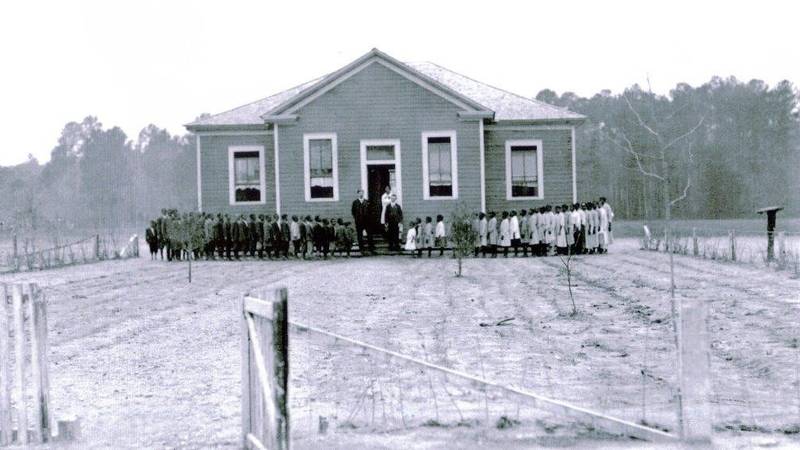
Legislation Introduced to Establish the First National Park Site to Honor a Jewish American and Preserve Julius Rosenwald’s Legacy
Julius Rosenwald’s legacy and the thousands of schoolhouses he helped construct are an important part of our country’s history, and must never be forgotten.
See more ›The proposed Julius Rosenwald and Rosenwald Schools National Historical Park would include a selection of the surviving schools and a visitor center in Chicago to interpret his overall legacy.
In 2020, following extensive advocacy by NPCA and partners, Congress passed the Julius Rosenwald and Rosenwald Schools Study Act, led by Senator Dick Durbin (D-IL) and Congressmen Danny Davis (D-IL-07) and Steve Cohen (D-TN-09). This law authorized the National Park Service to study the significance of the sites associated with Rosenwald — a necessary first step toward creating a multi-site national park.
Julius Rosenwald, and the people in whom he invested, made a powerful contribution to our country. This legacy of generosity and social justice must be preserved and interpreted by the people best equipped to tell the story: our national park rangers.
For more information, visit the Rosenwald Park Campaign, led by longtime NPCA volunteer Dr. Dorothy Canter.
Get Action Alerts
Want national parks in your inbox? Sign up for NPCA email updates to receive news, features, and opportunities to make a difference! You can unsubscribe at any time.
